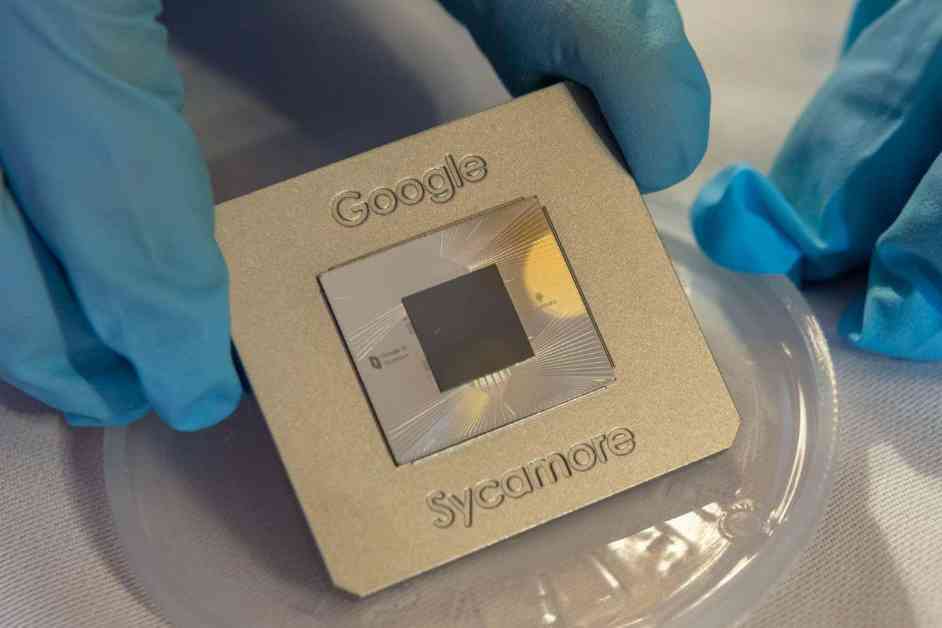In 2019, Google made a bold claim that its Sycamore quantum computer had achieved quantum supremacy, meaning it could solve complex calculations that would take classical supercomputers thousands of years to complete. This groundbreaking announcement marked a significant milestone in the development of quantum computing technology.
However, recent developments have challenged Google’s claim of quantum supremacy. It appears that traditional non-quantum computers are now outperforming Google’s Sycamore quantum computer in terms of speed and energy efficiency. These ordinary machines are able to process calculations several times faster than the quantum computer while consuming less energy in the process.
Quantum computers hold immense potential for revolutionizing various industries by significantly speeding up certain types of computations. Despite their promise, quantum computers are still in the early stages of development and face several challenges before they can be widely adopted for practical applications.
The race for quantum supremacy continues as researchers and tech companies work towards pushing the boundaries of quantum computing capabilities. While Google’s Sycamore quantum computer was a pioneer in demonstrating the power of quantum technology, the recent advancements in classical computing show that there is still room for improvement and innovation in the field of quantum computing.
As the competition between quantum and classical computing intensifies, it will be interesting to see how these technologies evolve and complement each other in the future. Quantum computing holds the potential to unlock new possibilities in fields such as cryptography, materials science, and artificial intelligence, paving the way for exciting advancements in the world of technology. The ongoing developments in both quantum and classical computing highlight the dynamic nature of the tech industry and the relentless pursuit of innovation and progress.






